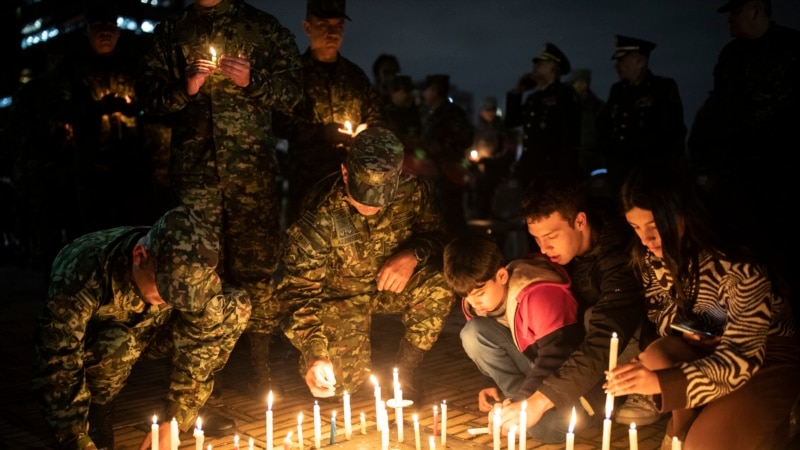
The Colombian government and the dissidents of the extinct Revolutionary Armed Forces of Colombia (FARC) announced the installation of a peace talks table.
The High Commissioner for Peace and the so-called Central General Staff of the former FARC made public on Sunday on their social networks the document signed the day before, which establishes the installation of dialogues to discuss and approve “the bilateral ceasefire and temporary of national character”.
From the moment of subscription and until the installation of the dialogue tables, whose date the document did not specify, a preliminary phase will govern in which a “confidence generation” team will be established for the resolution of contingencies with the participation of representatives from both sides.
The process will include government delegates, international guarantors and UN accompaniers, the support mission for the OAS peace process, the Colombian Episcopal Conference, among other sectors. In the coming days, the members of the two delegations will be known, according to the document.
In April, the Central General Staff, made up of dozens of dissident groups that did not accept the 2016 peace agreement between the government and the FARC, announced its willingness to start negotiations with the government of President Gustavo Petro. It is estimated that if an agreement is reached, it would allow the disarmament of some 3,000 members of the dissidents.
The Central General Staff led by alias “Iván Mordisco” has a presence in southwestern Colombia, in the departments of Caquetá, Guaviare, Vichada and southern Meta. His influence also extends to the Pacific region in Cauca, Nariño and Valle del Cauca.
Petro’s government, the first from the left in the history of Colombia, reached an agreement in early June in Cuba with the guerrilla National Liberation Army (ELN) for a ceasefire that would preliminary last 180 days. This phase, called “isolation” and which provides for a pause in offensive actions between the military and insurgents, It started on Thursday and will run until August 3.
After that, it is expected to determine the mechanisms for monitoring and verification of bilateral compliance.
Connect with the Voice of America! Subscribe to our channel Youtube and Activate notifications, or follow us on social networks: Facebook, Twitter and instagram







![[Img #74683]](https://thelatestnews.world/wp-content/uploads/2024/12/The-main-mistakes-to-avoid-when-betting-on-electronic-sports-150x150.jpg)






